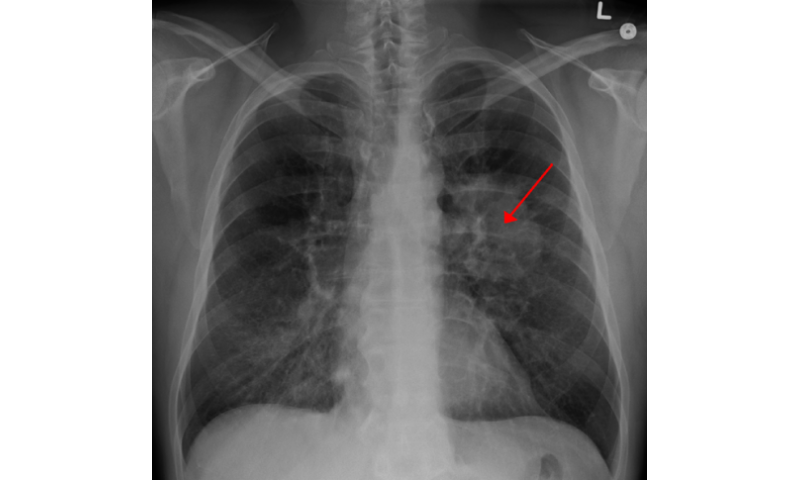
A review of 40 research papers that discuss lung cancer detection technologies highlights the gaps in the various approaches to the diagnosis of this potentially lethal disease and reveals how research might be targeted to improve detection and thus prognosis. Writing in the International Journal of Bioinformatics Research and Applications, Malayil Shanid and A. Anitha of the Information & Communication Engineering department at Noorul Islam Center for Higher Education, in Kanyakumari District, Tamil Nadu, India explain the context of their review and its implications.
Lung cancer is one of the biggest killers of the modern age. Cancer is the second leading cause of death globally and is responsible for an estimated 10 million or so deaths annually, which amounts to one in six deaths. Of that approximately 10 million cancer deaths, about one in five is due to lung cancer. As with most cancers, early detection can greatly improve the prognosis of the disease, assuming appropriate treatment is available and undertaken. It also allows less invasive treatments to be employed, particularly reducing the level of surgery required, for instance.
Source: Read Full Article
